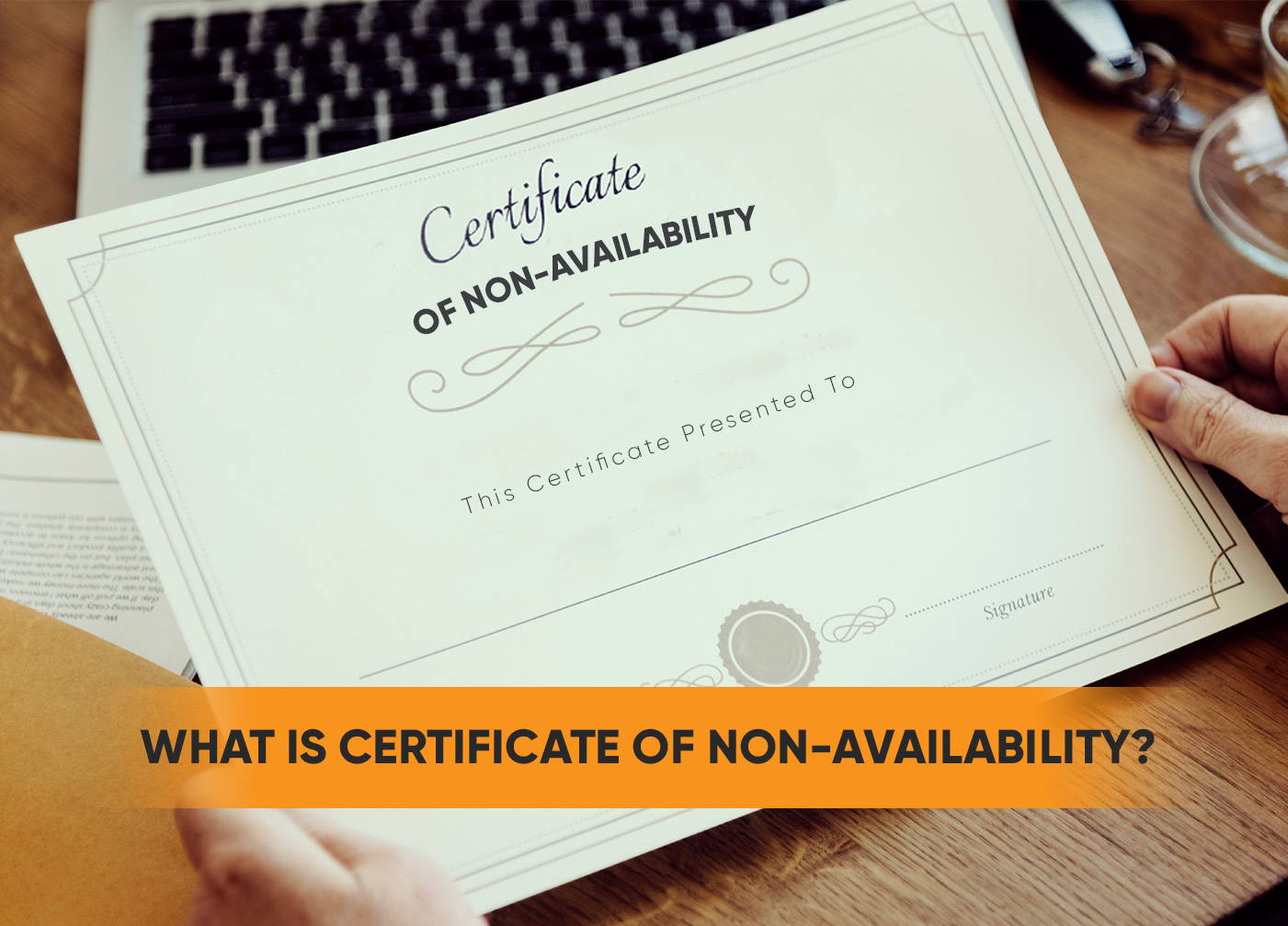As everybody knows, a birth certificate is proof of your birth, age, nationality, and status. What if you lose it? After all, it’s just a record on paper. Certainly, without this proof, you are proofless. This is where the non-availability of birth certificates (NABC) emerges as a big support. It is essential if you don’t have proof of your birth registration.
This post will help you discover its importance, the process, and how to apply for it. Let’s don’t delay and jump on the importance of this proof.
Importance of a Birth Certificate
Before moving ahead and discovering how to obtain it, it is necessary to understand how significant it is. It’s obvious that a birth certificate is a legitimate document that a registrar, who is appointed by the government, issues. The non-availability of a birth certificate, or NABC, carries similar details. It states the name, date of birth, place of birth, parentage, and other relevant details regarding the applicant. Every government agency treats it as primary evidence for identification because it can allow access to privileges such as obtaining a passport, enrolling in a school, applying for government benefits, and obtaining a license to drive. Besides, you can establish your capacity to pay taxes, claim insurance, and receive other benefits through government schemes.
Overall, the NABC can be considered an alternative to the original birth certificate in the absence of the original birth certificate.
Challenges in Obtaining a Birth Certificate
It’s certain that those who have lost their certificates will be caged. They feel unable to leverage the benefits of the aforementioned schemes. Particularly, these challenges are obvious.
- Unregistered Births
The government maintains records of every birth in the town, city, village, and state. It helps in governing and offering schemes like LADLI or privileges according to age groups. But inadequate knowledge and awareness interrupt these schemes and, hence, proper governance.
- Lost or damaged records
One may lose this document to theft, torrential damages, natural disasters, or administrative negligence. It becomes a case of unregistered birth because no proof is there to prove it. So, he or she may be abandoned to apply for any government privileges or schemes.
- Administrative Issues
There may be certain bureaucratic problems, challenging procedures, and administrative inefficiencies that he or she may face for having no birth proof.
- Name or date discrepancies:
Sometimes, you may require certain changes in the spelling or prove your single status to solemnize marriage abroad or apply for employment abroad. These cases would require birth proof. If it’s not available, you won’t be able to apply for marriage and go abroad.
Process of Obtaining a Non-Availability of Birth Certificate (NABC)
If you’re tired and don’t see any way to obtain your original birth proof from the registrar’s office in your region, apply for a non-availability of a birth certificate. It would be helpful as an alternative, which reads your name, address, parents’ specifications, etc. together with a statement that your original birth certificate is unavailable.
So, the question is how to get it. Here is the answer to it.
The government has a provision to apply for an alternative to a birth certificate, provided the original document is missing for any concrete reason. The process is given below.
Step 1: Application Submission
The applicant can find out the nearest government office, like a municipal corporation or any other government body that manages these records. Specifically, there are registrars and sub-registrars that can help you apply. You need to submit an application for NABC, enclosing details like the applicant’s name, date, place of birth, parents’ details, and reason to apply for this document.
Step 2. Documentary Evidence
Just an application won’t be sufficient. There are certain supporting documents that must be enclosed as proofs of your application, such as school admit cards, baptism certificates, sworn affidavits, and relatives or witnesses’ evidence in support of your statement.
Step 3: Verification Process
This is the verification step, where the government authority verifies if the supporting documents are authentic. Once confirmed, the registrar approves your request. Beforehand, all enclosed papers are cross-verified in the backend, which may require one-on-one with your family members or witnesses and address verification.
Step 4: Issuance of NABC
Once everything goes smoothly and the verification confirms that all details are authentic, you will receive a non-availability of birth certificate. This document would typically consist of details such as the applicant’s name, date and place of birth, parentage, and a declaration stating the unavailability of the birth certificate.
Step 5. Alternative Documentation (for Further Verification)
In case the registrar requires more evidence to issue a substitute for your birth registration, you may also have to present additional documents. These can be an affidavit, school records, or other legally recognized documents to establish their identity and age.
Supporting Documents
Certainly, you have to present some documented proof to validate your birth certificate. Here is the list of those documents.
- Affidavits are oaths or sworn documents that can be drafted by family members, relatives, or witnesses. Then a gazetted officer attests it.
- School Records: School leaving certificates, academic transcripts, or other educational records can be other proofs, highlighting the applicant’s date and place of birth.
- Baptismal Certificates: A Christian ritual also supports evidential proof, which is called a baptism certificate. A religious institute issues it.
- Census Records: This is a government record, which may or may not be available to confirm the birth of the applicant.
- DNA Testing: When there is hardly any documented proof available, a DNA test report can be used to determine biological parents and, hence, verify one’s birth.
Uses of NABC
Since the beginning of the post, you have already discovered the crucial role of this paper and how it can enable you to access essential services. Let’s figure out some common uses of this important document.
- Legal Recognition: This document provides legal recognition of one’s birth, no matter if he or she has a registered birth certificate. This means that he or she can procure rights and privileges that are for every individual as per law.
- Educational Enrollment: This document can make it seamless to enroll children in schools, colleges, or educational institutions.
- Passport Application: The most common of all uses is to obtain a proof of birth for a passport or other travel documents. In other words, one can travel domestically or internationally with the support of this document.
- Employment Opportunities: Many aspirants want to acquire a visa for employment purposes, which it supports. They can apply for jobs, obtain work permits, or enroll in vocational training programs with its help.
- Government Benefits: As aforementioned, many government schemes are introduced to benefit natives, which you cannot apply for unless you have proof of your birth. So, it can prove a milestone.
- Marriage Registration: Sometimes, non-residents require it to prove that they are single and, hence, eligible for marriage abroad legally.
- Property Transactions: Some property transactions, inheritance, land registration, and any other legal proceeding won’t be complete without it.
Conclusion
Getting birth proof is not only required, but a must. You have to get it to prove your identity, age, and nationality. In many cases, people lose it because of an uncertain reason, like theft, a natural disaster, fire, or anything else. And once you lose, it won’t be easy to reapply and get it. So, the non-availability of a birth certificate can help in this situation. It can provide easy access to government leverages, benefits, and schemes.




